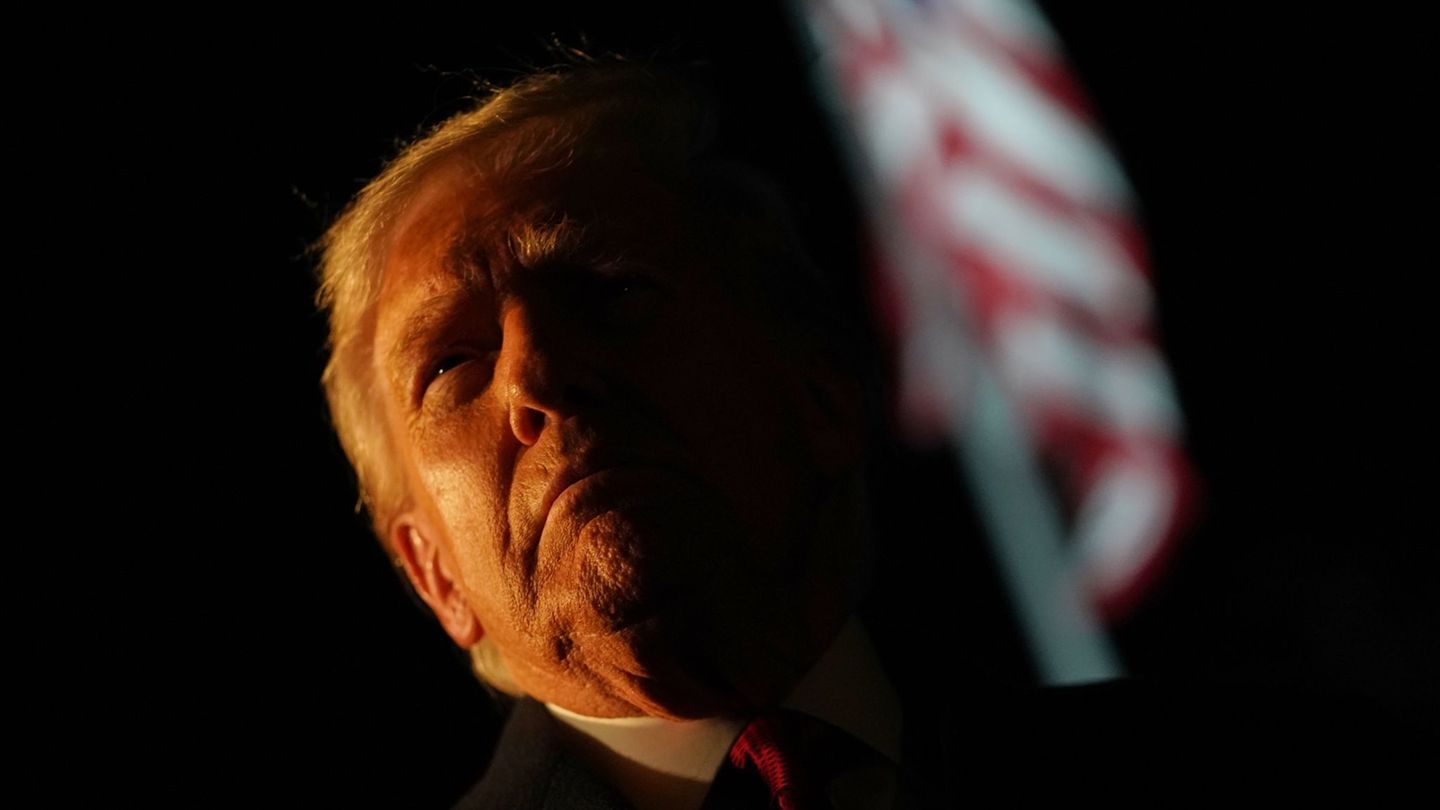At the Banking Day, the Chancellor admitted that Germany cannot be satisfied with the economic growth expected for this year. But he also has other messages for the managers.
Despite the poor growth figures, Chancellor Olaf Scholz is optimistic about the development of the economic situation in Germany. “Yes, times are turbulent, and Germany is not left unscathed either. But we are navigating through it well,” said the SPD politician at the Banking Day of the Federal Association of German Banks in Berlin.
Inflation is at its lowest level in three years, experts expect interest rates to fall, the number of employees is higher than ever, and production in the automotive, chemical and construction industries is also picking up again.
At the same time, the Chancellor admitted that Germany could not be satisfied with the economic growth expected for this year. This is not just due to a cooling global economy, temporarily high energy prices and increased interest rates.
There is a shortage of workers, Germany is holding itself back with bureaucracy, and serious shortcomings in investments in infrastructure and digitalization have to be made up for. “We are addressing all of these obstacles. For me, this is the core of a modern supply policy in times of transformation and change,” emphasized Scholz.
Scholz: Labor shortage is slowing growth
The Federal Government is pulling out all the stops to have more qualified employees in Germany, the Chancellor assured. “The lack of workers is the factor that is slowing down our growth the most.” That’s why the Skilled Immigration Act exists and all-day care is being expanded. “And that’s why I’m committed to making it even more attractive to work voluntarily beyond statutory retirement.”
The federal and state governments simplified planning and approval procedures, ensured faster construction of power lines and addressed the investment backlog, said Scholz. He also once again underlined the importance of a European capital markets union. This is a key difference for the growth prospects of the USA and Europe.
In Brussels, work has been underway for years to bring the European capital markets together in order to give companies more opportunities to raise money and invest in the green and digital transformation.
Source: Stern




